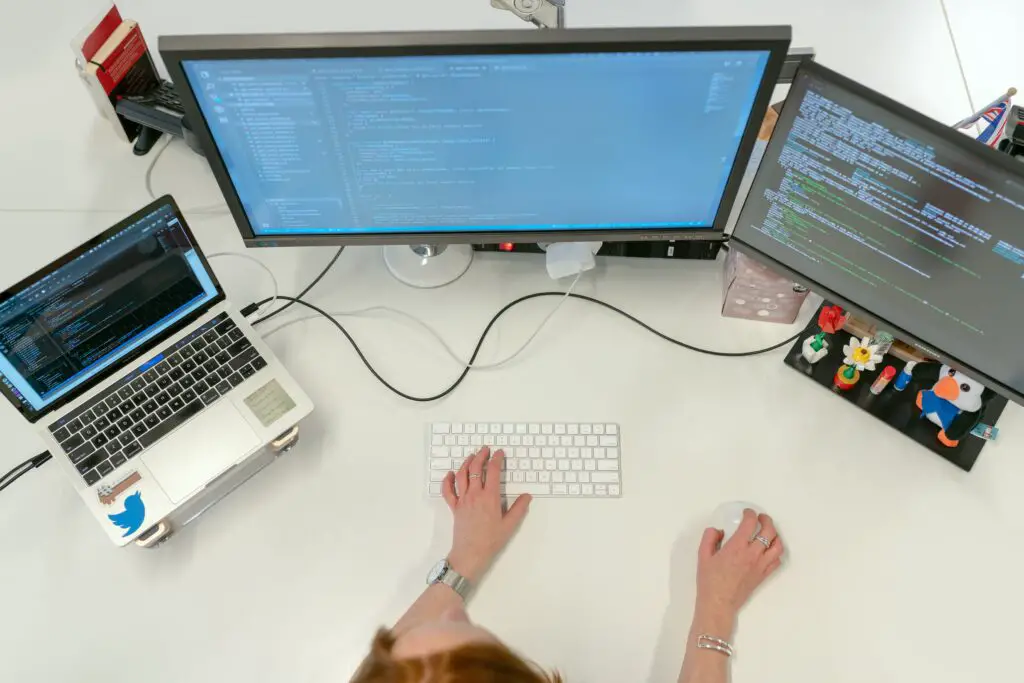An Essential Tool for Dependency Management
Understanding Composer’s Role in Debian 9
Composer, an indispensable tool in the realm of modern development, serves as the maestro orchestrating dependencies within PHP projects. As a developer, embracing Composer translates to a streamlined workflow, simplifying the integration and management of libraries and packages. Debian 9, a stalwart among Linux distributions, welcomes Composer as a favored ally for software development. Unraveling the veil of mystery surrounding its installation and utilization on this Debian iteration invites a seamless experience in harnessing its power.

The Installation Odyssey:
Navigating Composer’s Setup
The voyage to install Composer on Debian 9 involves a sequence of carefully orchestrated steps. First, embarking on this journey necessitates ensuring the presence of essential prerequisites. PHP, the backbone of Composer, commands attention, demanding installation. Akin to laying a sturdy foundation, the installation of PHP and its extensions becomes paramount. The aria unfolds with the retrieval of the Composer installer, channeling the command-line symphony of instructions to securely obtain this vital tool. Once the installation script has found its way to your system, wielding permissions bestows Composer with the authority to conduct its harmonious symphony.
Tuning Composer:
Configuring Settings and Environment
Post-installation, Composer’s symphony requires fine-tuning, harmonizing with your development habitat. Setting the stage involves configuring global settings and introducing environment variables to foster Composer’s optimal performance. Initiating Composer’s configuration process illuminates the path toward customization, ensuring the tool resonates with your development preferences. Nestled within the realms of environmental variables lies the key to unlocking Composer’s prowess, configuring paths, and repositories to accommodate your project’s unique needs. Empowered by these adjustments, Composer dances to your tune, sculpting an environment tailored to your creative endeavors.
Embracing Composer’s Commands:
A Maestro’s Repertoire
Mastering Composer necessitates a delicate understanding of its command ensemble. Unveiling this symphony requires an exploration of commands like require, install, update, and autoload, each conducting a distinct note in Composer’s melodic narrative. The require command orchestrates dependencies, summoning the necessary components to adorn your project. Meanwhile, the install command conducts a harmonious ensemble, assembling these dependencies into a cohesive unit. Update and autoload play their parts—update orchestrates refreshing dependencies while autoload conducts the generation of class autoloading, a symphony enabling effortless access to project components.
Composer in Practice:
Harmonizing Projects with Dependency Management
In the realm of practicality, Composer manifests its relevance through the artistry of managing dependencies within projects. Harnessing Composer’s prowess within Debian 9 illustrates the power of version management, guiding projects through the ever-evolving landscape of libraries and packages. Embracing the power of composer.json orchestrates project structure, encapsulating dependencies, scripts, and specifications. The composer.lock file, akin to a conductor’s baton, harmonizes version consistency, ensuring collaborative efforts synchronize effortlessly.
Troubleshooting:
Navigating Challenges with Composer
As with any symphony, Composer’s cadence might occasionally stumble, presenting challenges to troubleshoot. Encountering issues might prompt a quest into the realms of PHP configurations, memory limits, or network accessibility, each potentially conducting a hiccup in the harmonious execution of Composer’s tasks. Relying on error messages as symphonic clues, exploring Composer’s verbose mode, and debugging utilities invites a deeper understanding, facilitating a seamless resolution of impediments along the melodic journey.
